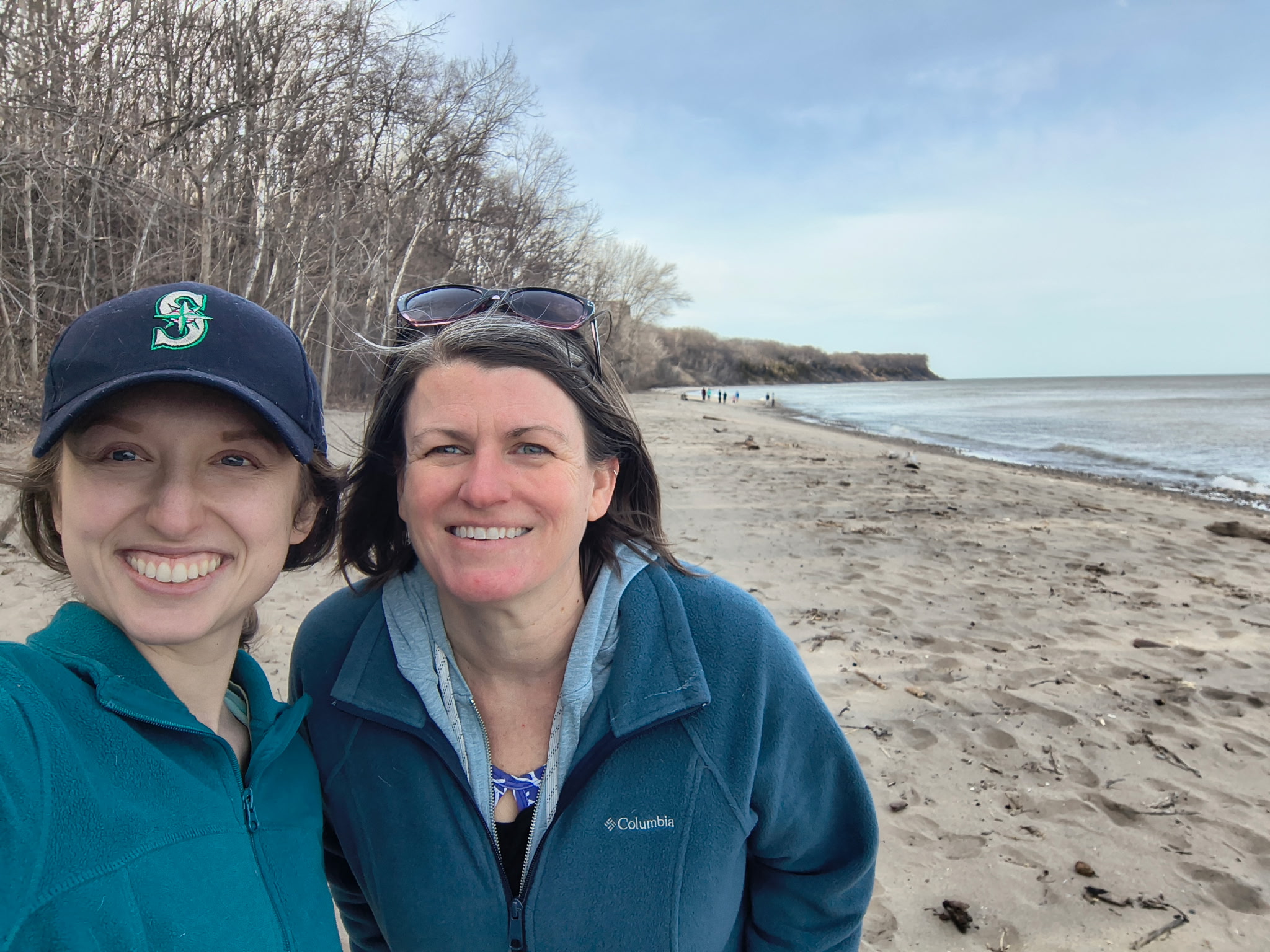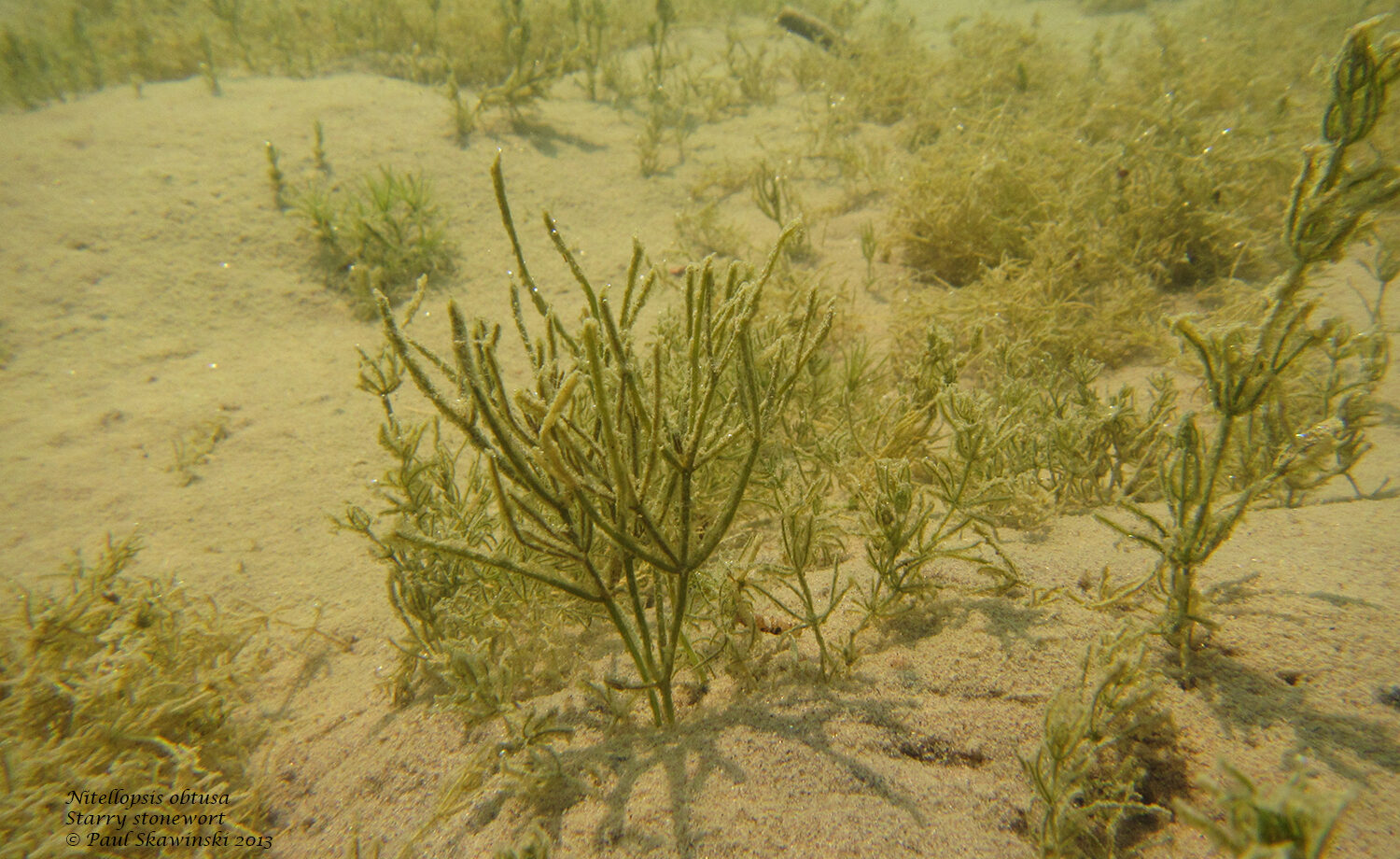Since 1982, the marine-science and marine-policy career hopes and dreams of 28 Wisconsin scholars were sparked and nurtured into a blaze due to something known as the John A. Knauss Marine Policy Fellowship, which celebrates a 40-year anniversary this year. The nationally competitive 12-month Washington, D.C.-based fellowship matches graduate students with an interest in ocean, coastal and Great Lakes resources and national policy with an executive office, a member of Congress or a congressional committee with jurisdiction over coastal matters.
The 28 Wisconsin fellows have now gone on to careers in both the public and private sector. The first Knauss Fellow from Wisconsin, Bill Horns (1982), retired in 2014 from the Wisconsin Department of Natural Resources. A retirement resolution adopted by the Natural Resources Board to commemorate his contributions reads, in part, “Bill’s excellent service to the DNR on both the Wisconsin and national stages is recognized across the Great Lakes community. From serving on the DNR Invasive Species Team to the U.S. Fish and Wildlife Service Review Committee for the Great Lakes Fish and Wildlife Restoration Act, to the Council of Lake Committees, Bill has provided a consistent voice on fish management issues.”
Wisconsin’s two most-recent Knauss Fellows—from the 2017 cohort—Shelby (LaBuhn) Brunner and Danielle (Cloutier) Brunner remained in the Washington, D.C. area immediately following the conclusion of their experiences. The first Brunner, Shelby, is now a project specialist for the University Corporation for Atmospheric Research and coordinator for international ocean observing projects. The organization is in Silver Spring, Maryland. The second Brunner, Danielle, was in government relations for the nonprofit Oceana and recently returned to Wisconsin to pursue other professional options.
Of course, there were many other people and experiences between the first and most-recent fellows. One is Joe Fillingham, a 2011 fellow. Placed in the National Oceanic and Atmospheric Administration Office of Cooperative Institutes, he termed his time as a Knauss Fellow as “transformative.”
“It changed my perspective on the world of science and how science is done and how science is managed and how science is funded. It really opened my eyes to what options and potential a career in science can have,” Fillingham said.
He had hit pause on his Ph.D. work while completing the fellowship. Once he returned to the program at the University of Wisconsin-Milwaukee School of Freshwater Sciences, Fillingham said, “I don’t think I had a clear picture of my desk or what chair I would sit in, but I came in with a very different perspective on the world of science when I continued in graduate school. I had learned (through the fellowship) there’s not one path through academia that exists for everybody.”
With a Ph.D. in hand, Fillingham’s path has led him to the private sector. “Although what I’m doing now may not necessarily be strictly related to the work I did as a fellow, I see the fellowship as being vital. The perspective I gained, as well as a lot of the specific skills and learning that I had there, means I was able to bring (those things) to a startup tech company and be a kind of jack-of-all trades as opposed to a strict research scientist with a very specific portfolio. I was able to be open and willing and capable of jumping on something that was much more diverse. Now, I’m the science lead at Wellntel Inc.” Wellntel is a Wisconsin startup company that offers groundwater monitoring equipment and data analysis tools.
Fillingham continued, “Wellntel launched its first commercial product in 2015 after start-up and development began in 2013. I’ve taken on the role as leading research and development and data science. I’m the person who sits between our scientists and agency customers and then the business and marketing professionals who work with them. I answer and address a lot of the science questions and issues as they are developing new products that meet customer needs.”
The Knauss Fellowship was named for John A. Knauss in 1979 in honor of his leadership in developing the National Sea Grant College Program. Knauss was an oceanographer and former NOAA administrator. Well-versed in the ways of saltwater, Knauss was also a Great Lakes native son, hailing from Detroit and earning a master’s degree at the University of Michigan.
For 25 years, he headed an oceanography program at the University of Rhode Island, where he was exposed to legions of talented students—169 to be specific. Their successors in marine-science studies, and those from around the nation, now have the opportunity to apply for his namesake fellowship. That fellowship has also inspired a Wisconsin-ized version of fellowship opportunities.
Jennifer Hauxwell, Sea Grant’s assistant director for research and student engagement, oversees a robust effort offering invaluable learning and job training for a new generation of leaders. She forges partnerships with state agencies to offer fellowships for postgraduates that provide on-the-job education and training opportunities. Students have been placed in the Wisconsin Office of Coastal Management, the Wisconsin Geological and Natural History Survey and the Wisconsin Department of Natural Resources.
“We’ve really focused these fellowships on the science-policy interface for a reason,” she said. That’s because a lot of our water-related challenges in Wisconsin are technical. You know, there are just some applied questions we need answers to and we need good scientists to help provide those answers.
“A lot of times there’s a gap between scientists addressing a real-world challenge and people who want to make decisions based on the answer or informed by the answer,” Hauxwell said, noting these newly minted Ph.D. or master’s students can bring their skills to bridge these gaps between sussing out answers and making decisions.





